The Tortured Artist
Reflections on the use of generative AI for digital art, and recent persuasions to boycott and reject.
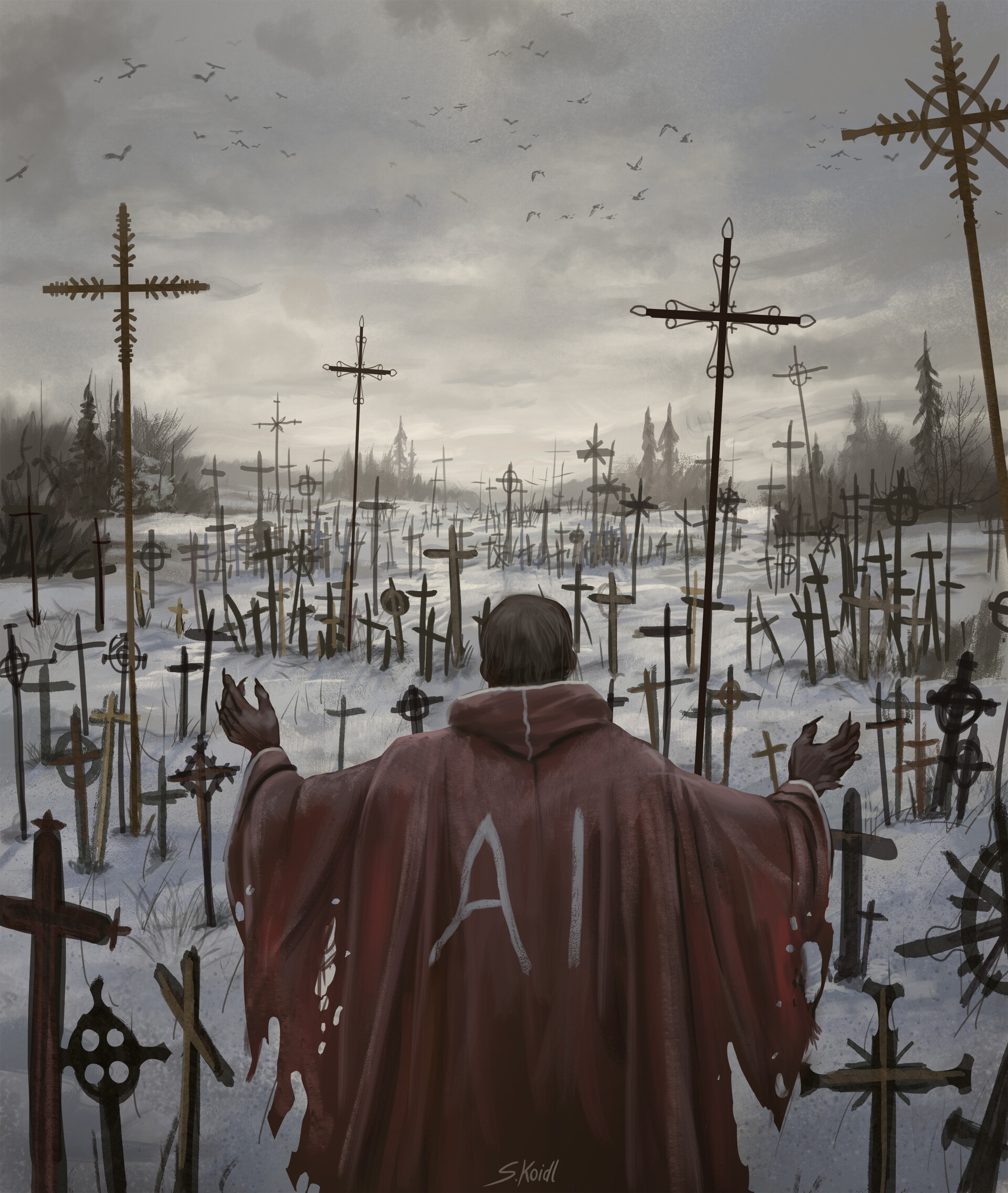
Preface: I'm slick with my GIMP-Fu, but I'm no artist; nothing I can produce with pencil on paper, at least, is substantial art. I want to make that very clear.
I'd like to argue for my belief that the strong negativity towards generative AI, not from artists but from the indie game dev community specifically, may be a little out of touch.
Let's start with a reality check. Generative AI is now readily available, accessible through platforms like Midjourney for a cheap subscription. In terms of legality, all art generated by a user of Midjourney is licensed to that user (as well as back to Midjourney), with no restrictions on usage. That may change in the near future, if the barrage of lawsuits aimed at these companies can land a hit. These lawsuits, as well as the main contention from the art community, is centered on the use of human art as 'training data', the accusation being that it's essentially plagarism. Word from the front lines:
"Though Defendants like to describe their AI image products in lofty terms, the reality is grubbier and nastier," the artists said. "AI image products are primarily valued as copyright-laundering devices, promising customers the benefits of art without the costs of artists." - Blake Brittain on Andersen v. Stability AI, U.S. District Court for the Northern District of California
It's a strong accusation - very provocative. And to be honest, I think it's true that generative AI is grubby business, at best. But let me make my case.
I'd like to start by recounting my experience with commissioned art. In the early days of a cancelled project, I paid around $200 for improvements to my sprite sheet, shown below.
| Original | Improvement | |
|---|---|---|
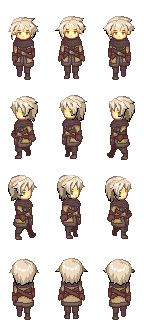 | 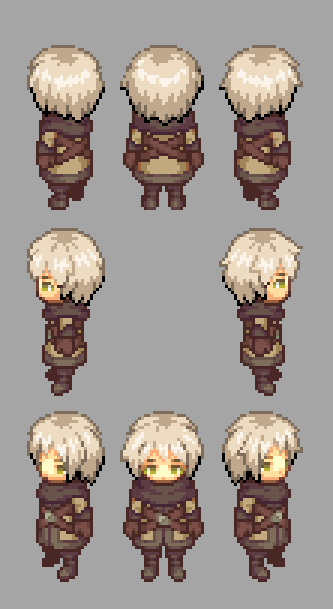 | 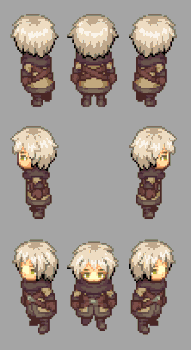 |
The turnaround was two months.
After the transition to 3D, I used it as my loading animation for a while - a sad joke I made to myself of a loading screen worth $200. I don't fault the artist. It's beautiful work, and $200 is probably underpaying for that kind of talent. But I wasn't planning on any more commissions.
On to Midjourney.
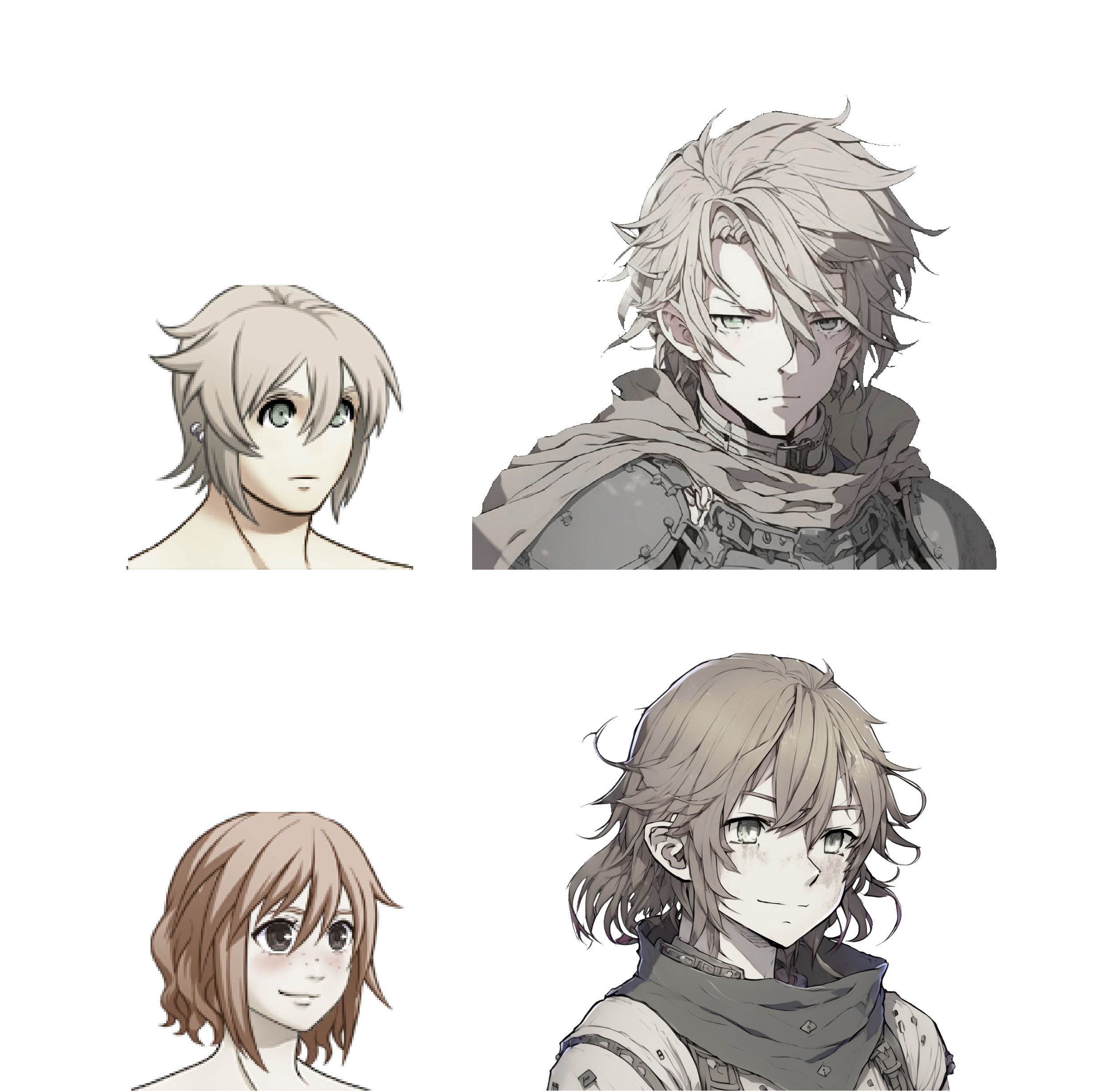
This isn't art that I could attribute to myself, neither before or after. For the portraits on the left, I used RPG Maker's character creation tool, which gives you a selection of premade parts to use to build a face. For an indie dev with limited resources and no drawing skills, this was a pragmatic choice. On the right is the very same pragmatic choice, but made with the tools available to the non-artist today. RPG Maker could have plagirised their assets too, for all I care. That's for the court judges to decide.
Still, are there practical drawbacks to using Midjourney for my art? Most definitely. I could throw together RM character sheets in minutes, swapping out eyes and mouths to make dozens of expression variations in seconds. The single portraits on the right, on the other hand, took about a full work day each. Point being:
This was not the path of least resistance. I don't feel that I was being scummy, lazy, or deceptive here.
It could be if we removed transparency from the equation, and I attributed the art to myself. But the root issue there is scummy behavior, of which there is no shortage in the current gaming industry. Asset flippers have been on this shit for years now. Let's avoid making that association and assume good faith, if only for the sake of this discussion.
Key point: I find my current Midjourney art pipeline to be a god-awful experience. Hours wrestling with a clunky Discord bot, rewriting prompts, all the while being flooded with hundreds of options in a perpetual state of 'almost, but not quite it'.
A curated selection then go into GIMP for splicing. The final product then needs a few more passes for the removal of lingering artifacts, recolouring, touch ups, and adjustments for consistency between portraits.
At this point, the portrait is complete, and I feel that I'd rather shoot myself in the head than type another prompt into Discord. Additionally, higher quality means higher maintenance: it's a lot more time consuming to make modifications, and nothing beyond three or four different expressions is realistic, being limited by my skill to only minor modifications.
This all might sound like "AI art is art too, it requires skill, I'm a prompt engineer", but that's far from the point I'm trying to make. What I was hoping to get across was that I find the work mindless and exhausting.
And I doubt that any artist feels this way, pursuing their craft.
I deeply enjoy my work in game dev. In every moment of programming, writing, or designing mechanics, I feel that I'm honing my craft; it's a win-win expenditure of time, as I gain valuable and reusable experience in my craft through that labour.
Using Midjourney, on the other hand, is just frustrating. I have no desire to gain skill in prompt engineering, and find no enjoyment in practicing it. I felt the same about working in Unity; I'd rather my skills not be tied to the intricacies of a tool or platform too far removed from 'deep learning'. I feel a lot better about GIMP: good open-source software that I'm inclined to keep using, and thus happy to invest some time into in sacrifice of a little 'deep learning'.
I also think that the art has an inherent inferiority, compared to the work of even an amateur artist. I'm not pandering when I say that if I had the capacity to hire an in-house artist, I would happily sacrifice turnaround time and cost for that.
What am I saying with all this?
That regardless, there's but a single question that I ask myself concerning the art I choose to include in my game:
"Does this art improve the quality of the player's experience?"
I agree with the sentiment against generative AI. But as a game dev, it would be betrayal to see this improvement to the quality of my assets and withhold them from the player, on account of sentiment, or a little extra effort... or stigma, or a boycott, or my personal pursuit of 'deep learning'. We've already discussed the extreme importance of art to the player experience (see: RPG Metaphysics - or Lack Thereof). And behold, a means of elevating my game art to AAA quality, despite having barely enough funding for another sprite art commission. The next evolution of 'programmer art'. A silver bullet, and I'm happy to shoot myself in the head with it.
The only giveaway to the player, I would argue, if we use these tools carefully, thoughtfully, and with due diligence?
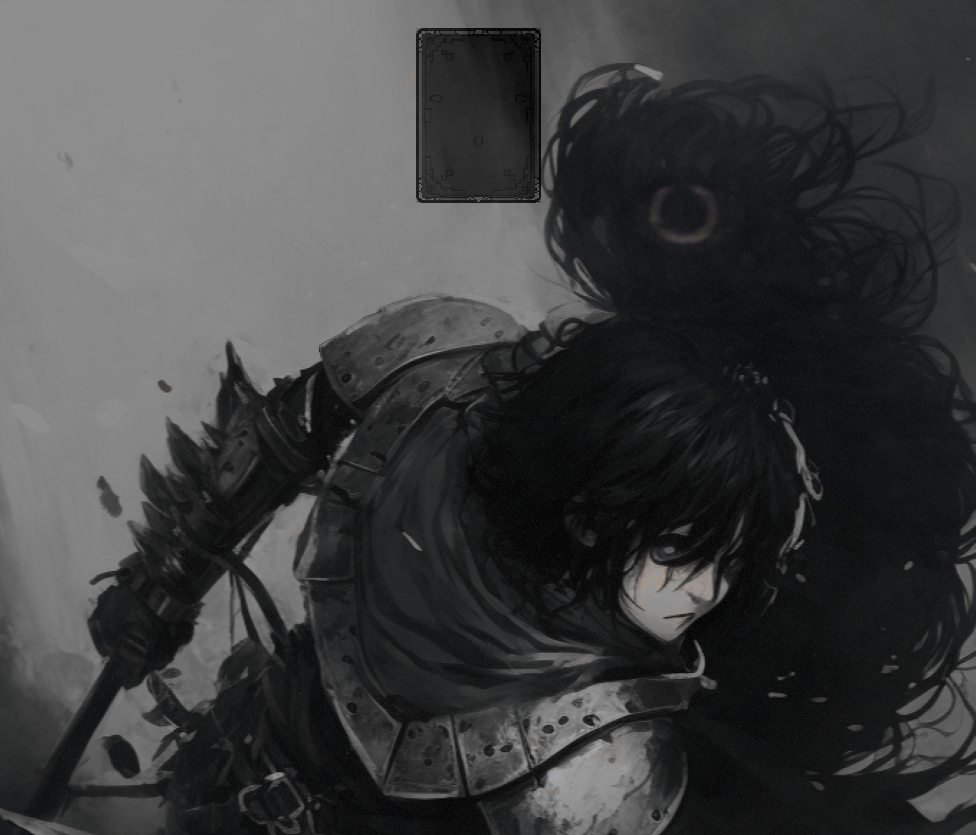
"Hey, for an indie game, this is pretty good art."
And that's enough said.
STARVING ARTIST: Fuck you, payl. You're the one out of touch. You have no idea what it feels like to have your livelihood at risk, to have a craft you've honed over years and years be replaced by cheap subscriptions and prompts engineered from the ass. Only a practicing artist would know.
Excuse me?
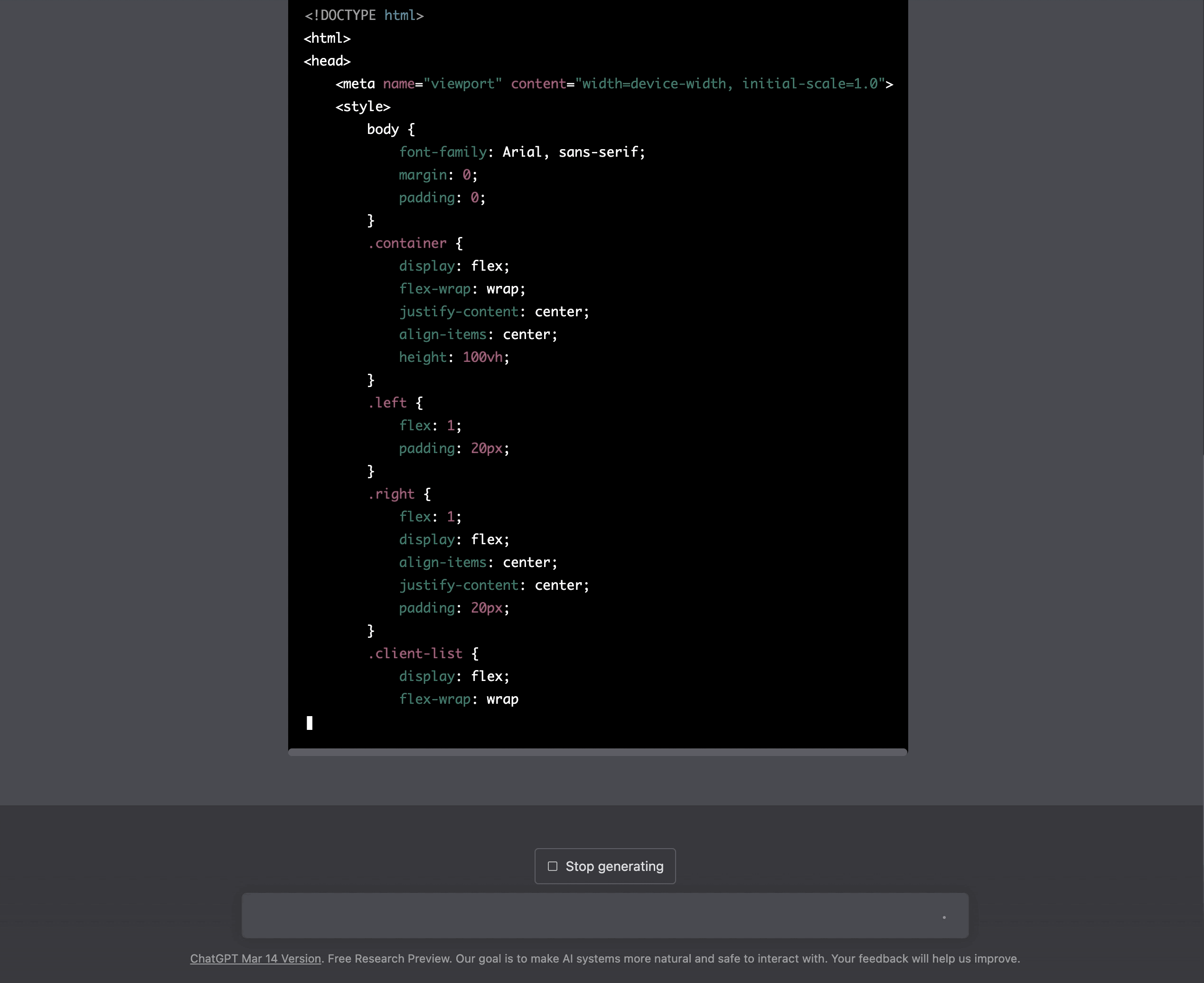
I'm confident, however, that generative AI will never be able to replace the competent artist, programmer, or writer. It may reduce job availability in the near future, sure, but only from commissioners or corporations that would settle for less. You wouldn't want that work. If anything, I believe that artists are in a better position, in this case, to find work that offers 'deep learning'.
I believe there's an eternal beauty to the hand-crafted, something beyond words. It may be replicated by the machine - but it can never be reproduced. The avenues by which generative AI continues to improve are orthogonal to that beauty.
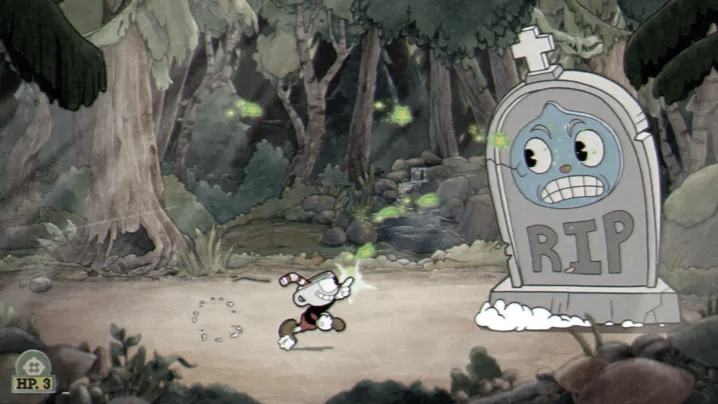
I don't think legislation or mass outrage can kill generative AI at this point. It's here to stay.
But it's the process, the performance of our craft, that gives our work it's meaning. The only danger generative AI poses to the creator is to lure them away from that nature of work and into typing out prompts.
So keep creating.
Cost-effectiveness and quality are two distinct pursuits.
I wanted to put this out there in case my potential adoption of generative AI, to any extent, is ever mistaken for enthusiasm. In that scenario, I would hope the modicum of an artist that never was can shine through, and give the machine's cold imaginations a little of that beauty.